What Humectants Do For Your Skin?
Dry skin is one of the most common problem in skin care. About 60% to70% of the population across all ages suffer from some form of dry skin. While dry skin might not cause a serious problem, it might be difficult to treat. Worse still, dry skin causes discomfort including soreness, tenderness to the touch, and itchiness in some cases. Some people also suffer from severe symptoms causing redness, roughness or a, scaly appearance. For this reason, there’s a proliferation of skin care products aimed at helping with dry skin management.
Humectants are the most common category of ingredients in the most effective dry skin treatment formulas. If you’re in the market searching for the best skin care products, it’s advisable to learn more about humectants, how they work and their impact on dry skin.
What are Humectants?
This is a category of moisturizing ingredients at the core of production of hydration products for the skin. You’ll find humectants in lotions, shampoos, and other beauty products for hair and skin care.
This moisturizing agent can retain moisture, which is what you need for your dry skin or scalp. The agent also preserves the properties of the product you’re using.
To appreciate why humectants are popular agents in skin care products, consider how they work. Take a look:
- Drawing water from air onto your skin: Some humectants attract moisture from the air onto your skin. When used in hair care products, humectants pull moisture from the air to keep your hair moisturized.
- Drawing water from the dermis (the second layer of skin) to the epidermis (the top layer of skin): Through this process, the stratum corneum, (layer of dead cells on the epidermis) is moistened. Your skin looks less scaly and you suffer less cracking and chafing. These humectants sit on your skin and wrap onto the water molecules on your skin thus slowing the molecules from evaporating.
Through these unique functions, humectants in a skin care product keeps your skin hydrated. They guarantee your skin stays skin soft and supple, which is the dream of everyone after beautiful skin.
In summary, humectants help in skin care through:
- Hydration: They keep your skin moisturized, soft and hydrated
- Exfoliation: Removing obstruction for ingredients to seep through the skin and nurture it
- Preventing dry/flaky skin: By moisturizing your skin, humectants prevent flaky skin and itchiness
Humectants in Skin/Hair Products
While humectants are essential for moisturizing your skin, there are some things to consider when buying skin or hair care products. Take a look:
- Look for More Moisturizing Agents
The most effective skin care products also have occlusives, and emollients. Occlusives are oil-based ingredients that act as a barrier to hold that moisture in and can include bath oils or petroleum jelly.
Emollients, on the other hand, don’t affect water content on your skin but rather fill the rough area on the skin to make it smooth. They feel nice on the skin and cause no irritation.
- Look for Common Humectants
Humectants can be synthetic or natural. Most brands use both of these ingredients in their skin and hair care products.
Some of the common natural humectants include:
- Honey: This ingredient offers more benefits, including hair conditioning and as an emollient. It has other amino acids, enzymes, minerals, and vitamins which help to keep your skin healthy and smooth
- Seaweed: A marine plant extract with hydrocolloids to aid in skin healing
- Aloe vera: This plant is naturally hydrating ingredients
- Alpha Hydroxy Acids (AHAs) such as glycolic acid, malic acid, lactic acid, and mandelic acid derived from fruit, milk, and sugar cane. This humectant encourages exfoliation and desquamation
- Glycerin: Natural glycerin comes from plant-based oils
- TremellaFuciformis Extracts: These natural extracts from Tremella mushrooms also have hydrating qualities
Synthetic Humectants include:
- Hyaluronic acid (combined with vitamin C to help lubricate dry skin.)
- Sodium PCA
- Urea forextremely dry skin.
- PEG 400 and PEG 600 (Polyethylene Glycols)
- Salicylic acid
- Consider Your Skin Type
Before you use any skin care product, talk to your dermatologist to get a go-ahead. Some humectants work best with some skin types/conditions. For instance, a salicylic acid-containing product can help with acne-prone skin. AHAs on the other hand work for all skin types to get rid of dead skin cells.
- Be Cautious about Additives
A skin care product might have the best combination of humectants but some fragrances and preservatives can ruin it all. These ingredients can worsen some skin conditions such as rosacea, or eczema.
- Do a Patch Test
Before you apply the product with humectants, carry out a patch test to confirm there’s no adverse reaction.
Foot Care with Humectants
If you have a problem with dry feet, the Nordic Care Foot Care Cream leverages humectants such as Urea, Glycerin and lactic acid to give you that moisturizing effect required to take care of dry skin and cracked heels. Natural Glycerin softens your feet and relieves painful calloused skin. The lactic acid is a humectant that pull in hydration to the outer skin layer, stimulates collagen and strengthens the soles of your feet.
The foot cream is hypoallergenic is lanolin and paraben-free and has no synthetic fragrances making it perfect for people with diabetes. The cream has been tested for over 20 years to help ensure smooth and soft skin.
Final Thoughts
Humectants are highly beneficial for your skin or scalp. They help retain moisture on your skin and thus protect it against damage. These ingredients work for people with all skin types. With these tips, you’re ready to leverage the benefits of humectants for your skin care routine.


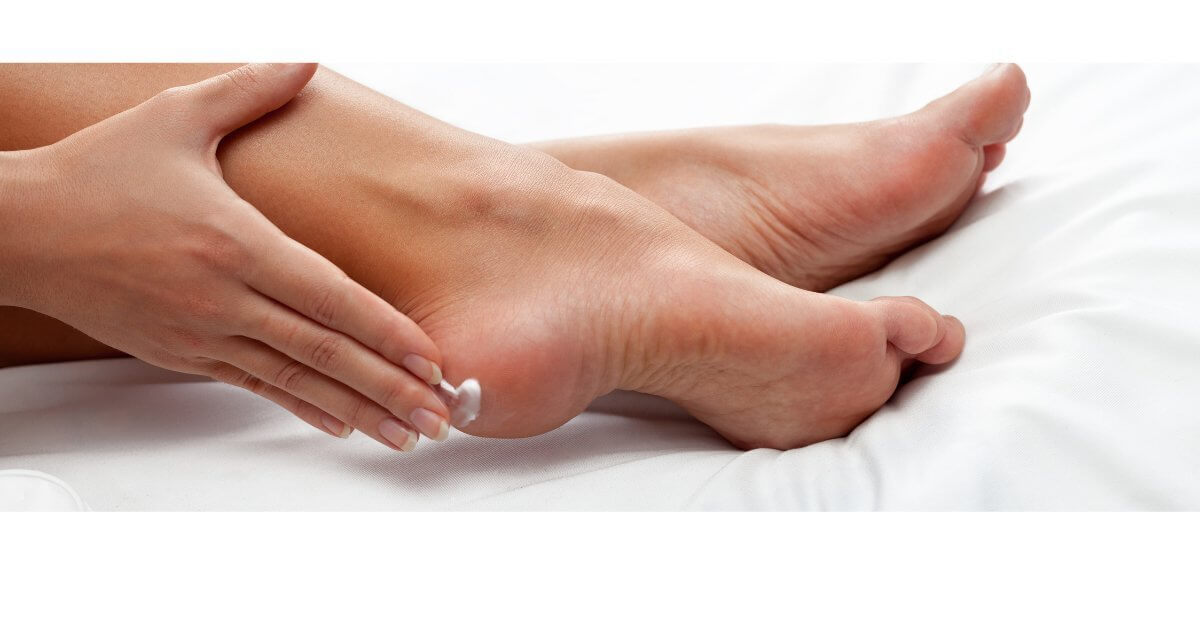


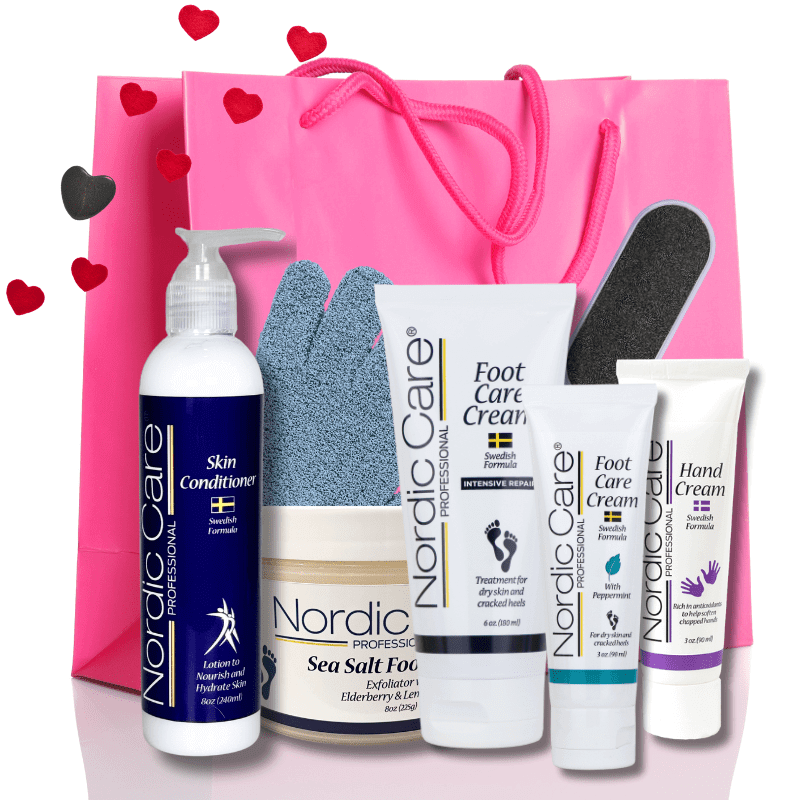
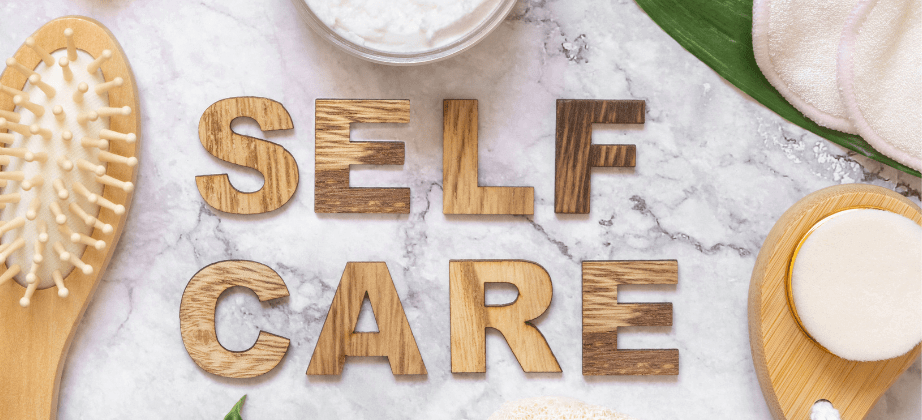
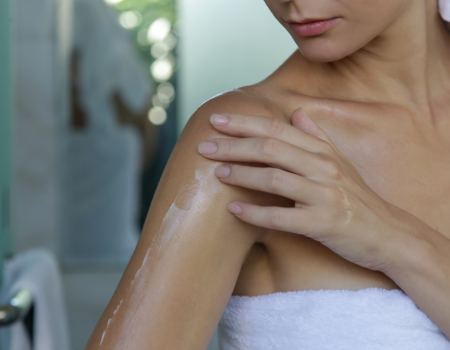
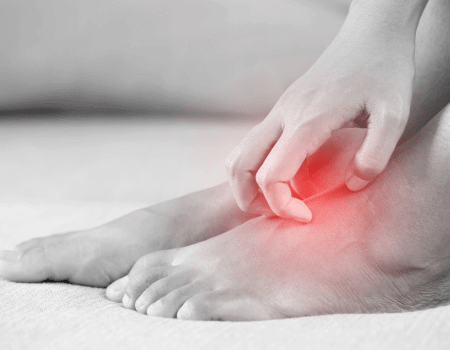
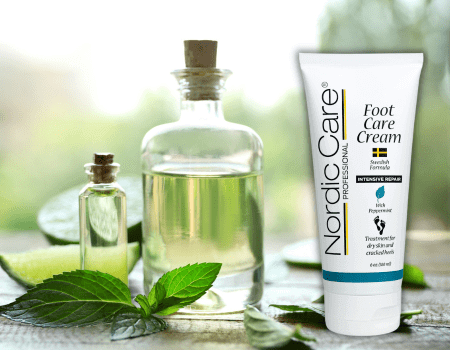
Leave a comment